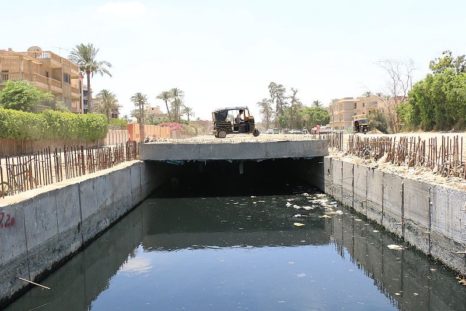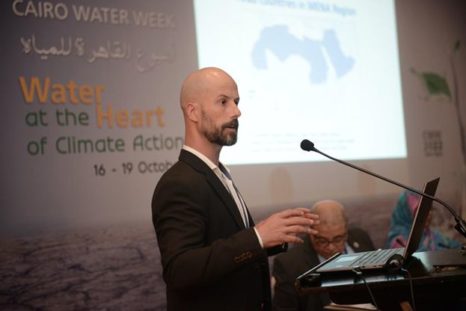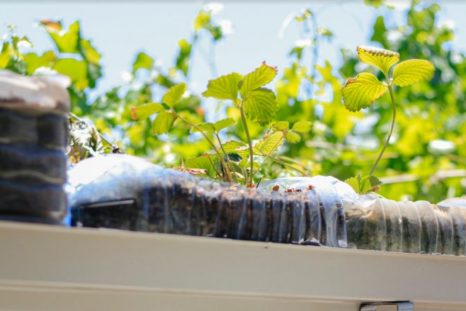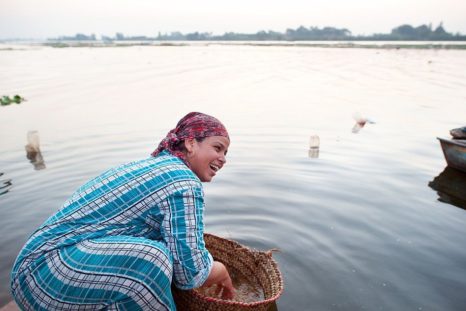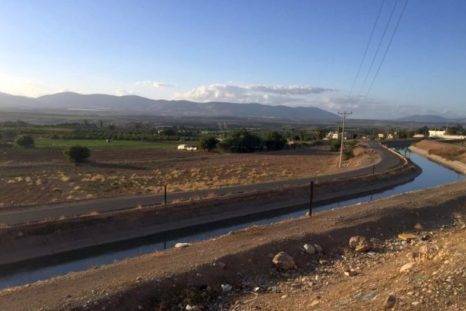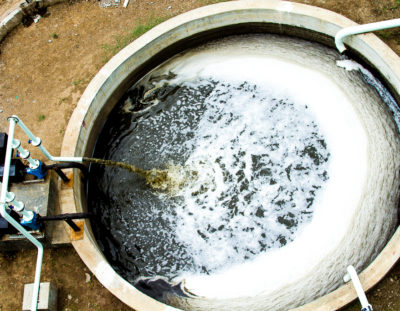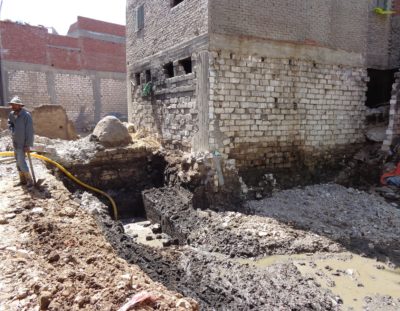Search by:
November 8, 2022
When ReWater MENA was launched at Cairo Water Week in Egypt in 2018, it marked the start of an ambitious four-year project to expand the safe reuse of water in the Middle East and North Africa (MENA). Like many parts of the world, the MENA region does not have enough water to meet rising demand.
October 28, 2022
IWMI has strong track records on water reuse, including those from the ReWater MENA project. As a recognition to IWMI’s work, Javier Mateo-Sagasta, Senior researcher and project leader of ReWaterMENA, was invited to provide policy recommendations for more and safer water reuse in the Arab Region at the Fourth meeting of the High-Level joint Water-Agriculture Technical Committee of the League of Arab States (LOAS).
October 25, 2022
Increasing water shortages in Lebanon has made informal water reuse become a common practice. In the dry summer months, reusing treated (or untreated) wastewater has helped farmers compensate for their irrigation needs and alleviate pressure on freshwater.
September 19, 2022
Only 4% of Egypt’s arid landscape is cultivable. Irrigating this land mass requires a disproportionate 86% consumption of the country’s total available fresh water (FAO, 2016). Irrigation efficiency in the country’s water resources management was necessitated by the introduction of cotton by the colonial British administration, which was a turning point in the country’s agrarian political economy.
September 7, 2021
Women and girls make up half of the targeted communities’ populations, yet the water reuse issue is often silent toward the gendered needs, interests, and roles in local communities in how it is planned, implemented, and managed.
August 25, 2021
Jordan is the second most water scarce country in the world. Jordan’s annual renewable water resources are less than 100 m3 per person, significantly below the threshold of 500 m3 per person which defines severe water scarcity. While more than 98% of the population has access to an improved water source, only 93% access a safely-managed source and 86% to a piped network.
June 4, 2020
Antimicrobial resistance (AMR) also known as the silent pandemic, is a serious global health threat and low- and middle-income countries are likely to be the most affected in terms of economic burden and public health.
March 19, 2020
Citizens’ participation in water resources management is a buzz word that has received attention from donor organisations and governments. Participatory approaches are implemented in countless development projects and programs, particularly in developing countries. But the question is, what sort of “participatory” governance do we need - as development professionals in the water sector - to achieve development goals (e.g. SDG 6)?

